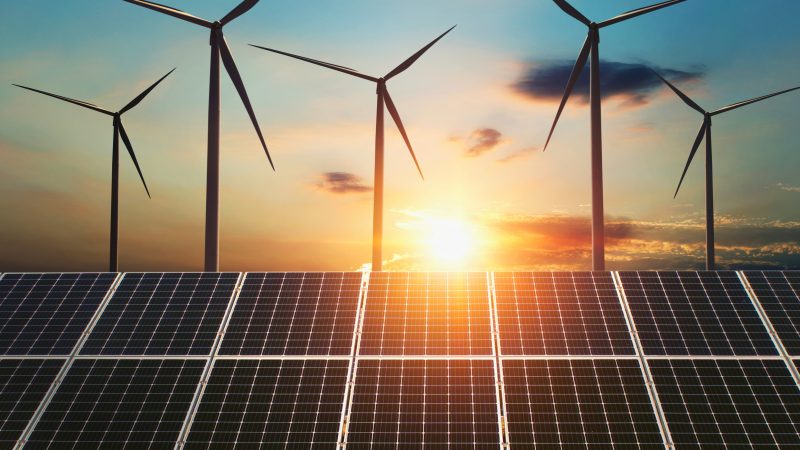Kategori : ELECTRICITY ENERGY NEWS, ENERGY AGENDA NEWS, SOLAR ENERGY NEWS, WIND ENERGY & RES NEWS - Tarih : 04 May 2020
The dramatic slowdown across Europe due to Coronavirus lockdowns has caused electricity demand to plumet by one-tenth in the first three months of 2020 – the biggest drop in demand since the Second World War.
This has caused power generation across the continent to fall. But in a potentially positive sign for Europe’s energy transition, fossil fuel generation is falling far more than renewable power.
According to an analysis by the Wärtsilä Energy Transition Lab, coal-based power generation has  fallen by over a quarter (25.5%) across the European Union and United Kingdom in the first three months of 2020 compared to 2019. Meanwhile the share of renewable energy in the EU and UK has risen to 43%.
fallen by over a quarter (25.5%) across the European Union and United Kingdom in the first three months of 2020 compared to 2019. Meanwhile the share of renewable energy in the EU and UK has risen to 43%.
The impact has been even more stark in the last month, with coal generation collapsing by almost one third (29%) between 10 March and 10 April compared to the same period in 2019. At this moment it makes up only 12% of total EU and UK generation. By contrast, renewables delivered almost half (46%) of generation – an increase of 8% compared to 2019.
The result has been an unprecedented fall in carbon emissions from the power sector, with emission intensity falling by almost 20% compared to the same 10 March to 10 April period last year.
The analysis comes from the Wärtsilä Energy Transition Lab, a new data platform developed by the Wärtsilä Corporation, a Finnish company which manufactures and services power sources in energy markets.
“The impact of the Covid-19 crisis on European energy systems is extraordinary,” said Björn Ullbro, Vice President for Europe & Africa at Wärtsilä Energy Business. “We are seeing levels of renewable electricity that some people believed would cause systems to collapse, yet they haven’t – in fact they are coping well. The question is, what does this mean for the future?”
“What we can see today is how our energy systems cope with much more renewable power – knowledge that will be invaluable to accelerate the energy transition.”
Renewables had not been expected to reach a share of half of power generation until the end of the decade, Ullbro said. Though many had raised concerns about Europe’s existing power grid being unable to handle a large share of intermittent renewables, so far the grids have held up without a problem.
The Europe-wide figures are reflected in national developments as well. In the UK, renewables now have a 43% share of generation. This is up 10% compared to the same 10 March to 10 April period in 2019. Coal power is down 35% and gas down 24%, according to the report.
In Germany, where the renewables market is already far more advanced, renewable energy now makes up 60% of the overall share, with coal genertion at 44%. This has resulted in a fall in the carbon intensity of its electricity of over 30%.
“Total renewable generation has remained at pre-crisis levels with low electricity prices, combined with renewables-friendly policy measures, squeezing out fossil fuel power generation, especially coal,” said Ullbro. “This sets the scene for the next decade of the energy transition.”





